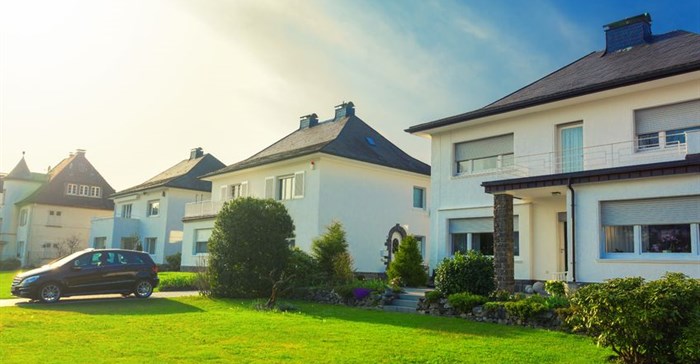Marketing & Media trends
Industry trends
BizTrends Sponsors
Trending
#BizTrends2017: Opportunities for sound property investment
Underlined importance of location
Location will remain all-important. Recent research suggests that the length of time a property remains on the market depends more on the suburb it is located in than the state of the economy. As a result, when purchasing a property during an economic slowdown and softer housing market conditions, buyers need a good understanding of the market dynamics in order to select the suburb, price band or unit type which best suits their needs but which also continues to enjoy healthy growth in prices despite the prevailing economic climate.
Ongoing semigration
Semigration will be an ongoing trend, and it seems likely that many buyers relocating to the Western Cape will choose to settle in the greater Cape Town area – which remains the top performing major metro housing market in South Africa. Cape Town remains a niche property market, robust despite economic pressures. With more investment on the cards for the city of Cape Town, with projects totalling R16bn anticipated during the next few years and at least R1bn earmarked for Claremont, one of the city’s commercial nodes beyond the CBD, the demand for high-end properties remains strong and above average house price inflation is likely to prevail.
Over and above this, it appears that buyers relocating to the Western Cape are also settling in other urban areas such as Paarl, Somerset West and Stellenbosch, and also along the coastline. Apart from also experiencing an ongoing trend as a result of semigration to the Western Cape, the Whale Coast towns of Hermanus, Onrus and Kleinmond are seeing buyers looking to acquire holiday homes with a view to retirement in the future. The KwaZulu-Natal North Coast is another burgeoning growth node that will continue to attract a flow of buyers particularly from Gauteng and the rest of the KZN province.
Growing number of first-time buyers
Given South Africa’s relatively young population profile – with the majority of South Africans still under the average age of the typical first time buyer (34 years according to ooba) – demand from the growing number of first-time buyers will continue to provide a positive fundamental underpinning for the South African housing market for the foreseeable future.
It is this robust demand from first-time buyers which helps to explain the continued strong price performance of the lower price band (below R1m) housing market in all three major regional markets.
Continued demand for secure, estate lifestyle
There are numerous factors which will continue to attract people across all generations to a secure estate lifestyle. The new trend is towards so-called lifestyle estates which encompass ‘work, live, play, shop’ – all within a secure environment which provides a sense of community as well as easy access to schooling. Generally, these estates are situated in metropolitan South Africa, including new metro growth nodes where the cities are expanding. Apart from the potential for sound investment returns, given the high desirability of estate living, buyers of estate property also seem to be moving towards a younger generation, many being young couples or families with small children. At the other end of the scale, more mature buyers are moving from large family homes into more compact, manageable properties in estates.
Impact of access to transport and all amenities
Ease of access to the workplace, amenities and leisure activities and thereby eliminating traffic congestion will remain a priority for many home buyers – further fuelling the ongoing high demand for sectional title units, including those in prime located mixed-use developments. One major infrastructural investment which is likely to have a significant impact on the housing market in several Gauteng suburbs in the years ahead is the planned extension of the Gautrain. The Gautrain Management Agency is planning to extend the rail route by 150km and the Gautrain could soon extend its travelling routes to Soweto, Mamelodi and the West of Johannesburg. It is anticipated that the extension to the west of Johannesburg will have a similar impact on the local property market as was experienced in Sandton and Rosebank, with some big corporates opting to relocate there.
Increasing demand for sustainability
As South Africa is becoming ever more environmentally conscious, the urge to conserve our natural resources and reduce one’s carbon footprint as well as combat ever-rising costs of electricity and water has expanded into the world of architecture and construction, making energy-efficient design of ever-increasing relevance. More and more people are looking at sustainable residential developments and communities of like-minded people are living together in self-sufficient eco-estates with boreholes, solar heating and solar and wind-generated power, and water tanks and underground systems to conserve the environment.












